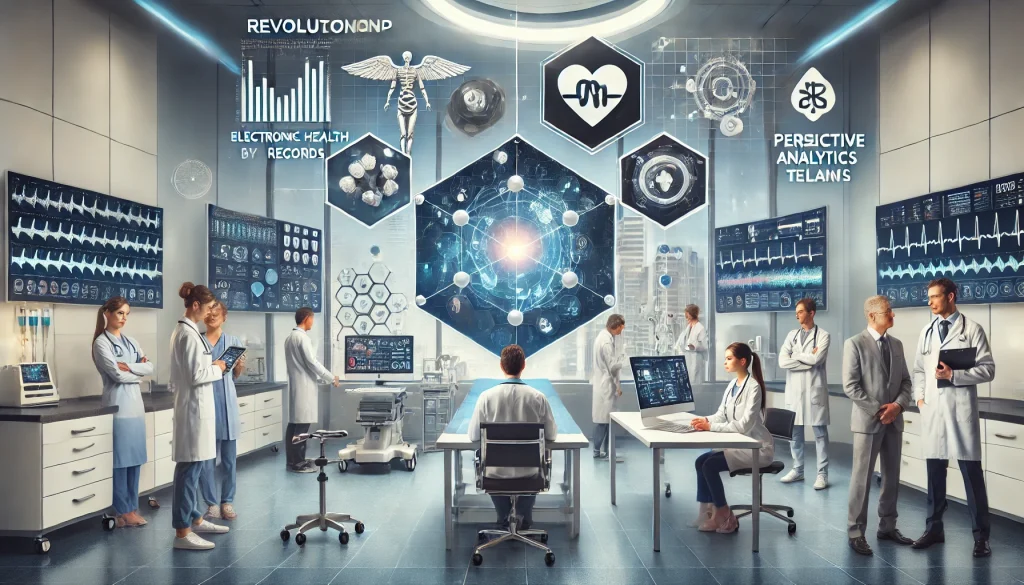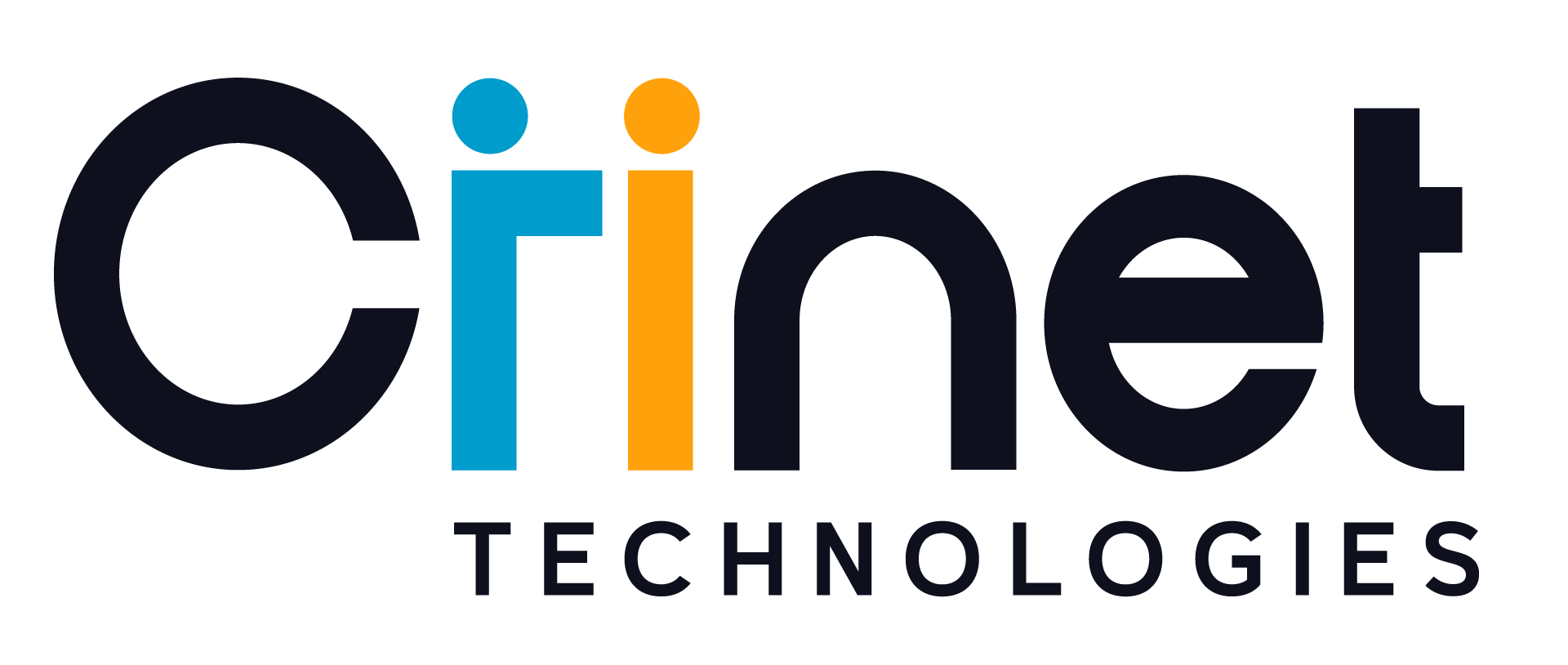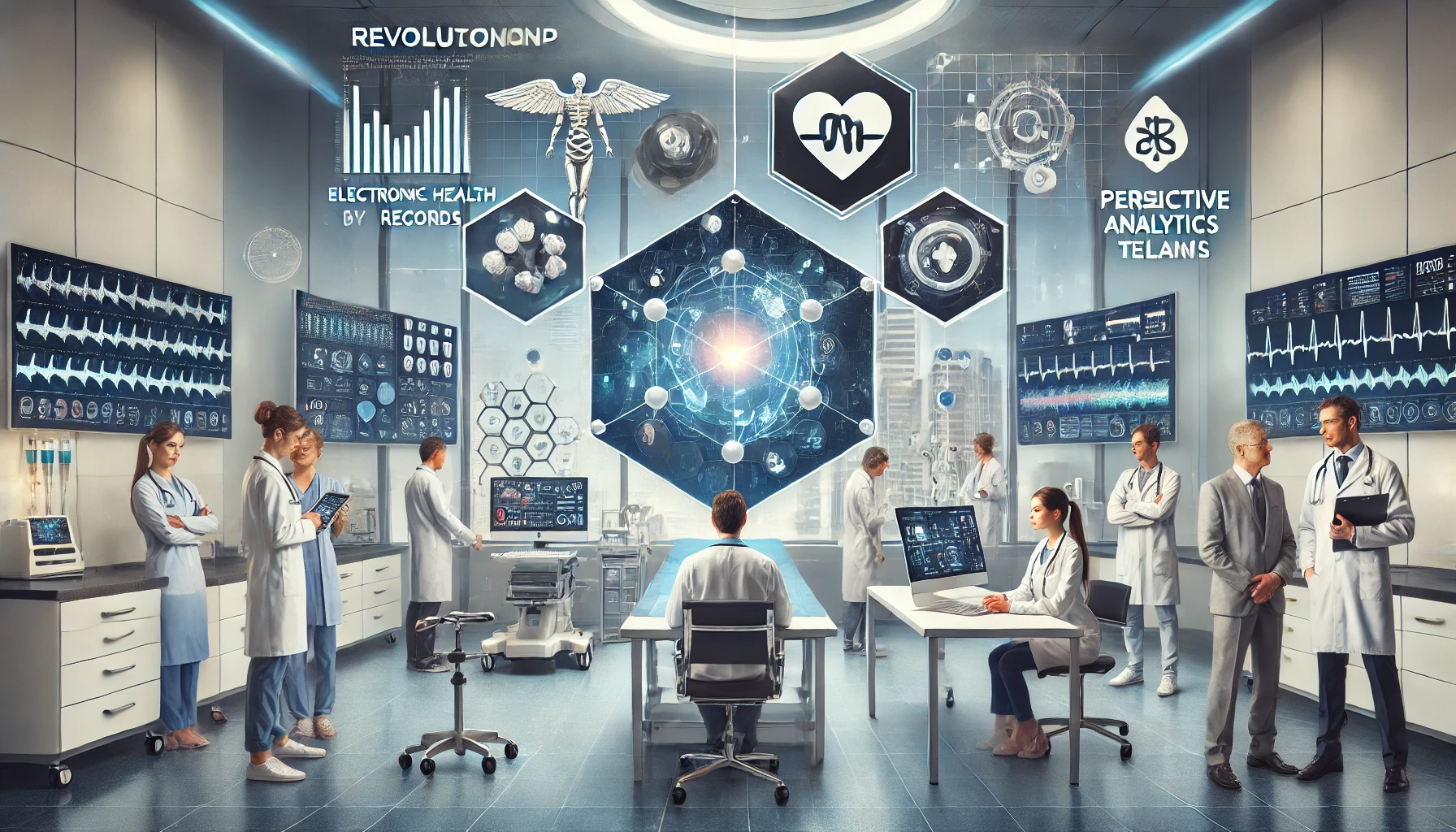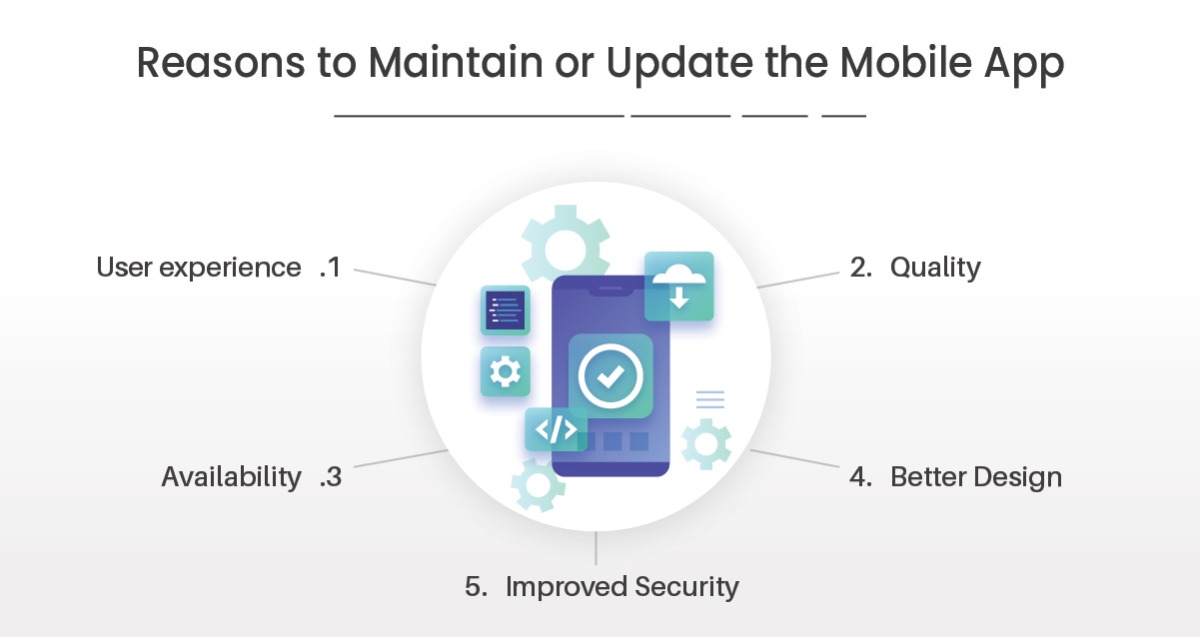Advancement of Healthcare by Software Technologies: Transforming Patient Care and Efficiency
Healthcare has evolved dramatically over the last few decades, largely due to the continuous advancement of software technologies. From basic record-keeping systems to artificial intelligence-driven diagnostics, the integration of software into healthcare has transformed how patients receive care, how medical professionals operate, and how healthcare organizations manage their operations. This blog delves into the detailed evolution of healthcare through software technologies, highlighting key innovations, their impacts, and the future trajectory.
1. Introduction: The Role of Software in Healthcare
Software technology is no longer a support system for healthcare; it is a critical infrastructure that ensures better patient outcomes, optimized operations, and streamlined communication between healthcare providers and patients. The healthcare industry has leveraged software in many forms, including Electronic Health Records (EHR), telemedicine, artificial intelligence (AI) diagnostics, predictive analytics, mobile health (mHealth), and wearable health devices.
2. Electronic Health Records (EHR): A Digital Transformation
History and Evolution: Before the advent of EHR, patient records were maintained manually. This often resulted in lost files, miscommunication, and errors. The digital transformation began with basic electronic medical records (EMRs), evolving into comprehensive EHR systems that store, manage, and exchange patient data across healthcare providers.
Benefits:
- Accessibility: EHR systems allow healthcare professionals to access patient data instantly, improving decision-making and patient care.
- Interoperability: Advanced EHRs integrate with various healthcare systems, enabling data sharing across hospitals, labs, and specialists, ensuring continuity of care.
- Data Accuracy and Security: Automated data entry minimizes human error, while encryption ensures patient privacy and data security.
Real-World Applications: Modern EHR systems like Epic and Cerner have revolutionized how hospitals manage patient data, leading to more efficient workflows and reduced administrative overhead.
3. Telemedicine: Bridging the Gap Between Patients and Providers
Introduction: The advent of telemedicine has redefined how healthcare is delivered. Patients can now consult with doctors remotely, thanks to secure, HIPAA-compliant video conferencing platforms.
Benefits:
- Accessibility: Telemedicine has brought healthcare to patients in remote or underserved areas, eliminating the need for travel.
- Convenience: Patients can seek medical advice from the comfort of their homes, reducing wait times and enhancing patient satisfaction.
- Efficiency: Remote monitoring tools allow doctors to keep track of patients with chronic conditions without requiring in-person visits.
Real-World Applications: Platforms like Teladoc, Amwell, and Doctor on Demand offer a broad range of telemedicine services, enabling patients to access specialists, mental health professionals, and even primary care physicians with just a few clicks.
4. Artificial Intelligence in Healthcare: Enhancing Diagnostics and Personalized Treatment
AI-Driven Diagnostics: One of the most significant advancements in healthcare has been the use of artificial intelligence (AI) to improve diagnostics. AI algorithms can process vast amounts of data from medical images, pathology slides, and patient records to assist doctors in diagnosing conditions more quickly and accurately.
Benefits:
- Accuracy: AI has been shown to detect patterns in data that may be missed by human eyes, increasing the accuracy of diagnoses in areas like radiology, dermatology, and oncology.
- Speed: AI tools can analyze imaging data at a fraction of the time it would take a human specialist, improving patient outcomes through earlier intervention.
- Personalized Medicine: AI is also revolutionizing the way treatment plans are developed. By analyzing genetic data, patient history, and real-time health metrics, AI can recommend personalized treatment options tailored to the individual patient.
Real-World Applications: AI technologies such as IBM Watson Health and Google’s DeepMind have demonstrated significant potential in detecting diseases like cancer and diabetic retinopathy earlier than traditional methods.
5. Predictive Analytics: Anticipating Health Trends and Proactive Care
What is Predictive Analytics?: Predictive analytics leverages machine learning and big data to forecast health outcomes. By analyzing historical health data and identifying patterns, predictive analytics can help physicians and healthcare providers anticipate patient needs before they arise.
Benefits:
- Preventive Care: Predictive models can alert healthcare providers to potential risks, enabling them to take preventive measures. For example, predicting heart disease in at-risk patients.
- Cost Reduction: Predictive analytics helps reduce healthcare costs by minimizing hospital readmissions and optimizing resource allocation.
- Chronic Disease Management: Patients with conditions like diabetes or hypertension can benefit from predictive insights, allowing for continuous monitoring and timely intervention.
Real-World Applications: Companies like Health Catalyst and Optum are integrating predictive analytics into healthcare systems, helping hospitals identify patients at risk of developing severe conditions and preventing unnecessary hospitalizations.
6. mHealth (Mobile Health) Apps and Wearables: Empowering Patients
Introduction: Mobile health (mHealth) apps and wearable devices have made it easier for patients to take control of their health. These technologies collect real-time health data, monitor vital signs, and even alert users to potential health risks.
Benefits:
- Patient Empowerment: mHealth apps give patients access to their health data, enabling them to track their progress and make informed decisions about their healthcare.
- Chronic Condition Management: Wearable devices like smartwatches and fitness trackers help patients monitor chronic conditions such as diabetes or heart disease.
- Real-Time Monitoring: Wearable devices can detect irregular heart rhythms or blood pressure changes, providing real-time feedback to patients and their healthcare providers.
Real-World Applications: Apple’s HealthKit, Google Fit, and wearables like Fitbit and the Apple Watch have led the charge in providing tools for real-time health monitoring, offering personalized insights and continuous tracking of vital metrics.
7. Blockchain in Healthcare: Securing Patient Data and Ensuring Transparency
What is Blockchain?: Blockchain is a decentralized ledger system that allows secure and transparent sharing of data across multiple stakeholders. In healthcare, blockchain can be used to enhance the security and interoperability of patient records.
Benefits:
- Data Security: Blockchain encrypts patient data and provides a secure way to share information among healthcare providers without risking data breaches.
- Interoperability: Blockchain allows patient records to be accessed across different healthcare systems seamlessly, promoting better coordination of care.
- Transparency and Trust: Blockchain ensures that any changes made to patient records are documented, promoting transparency and accountability.
Real-World Applications: Healthcare organizations like MedRec and Guardtime are exploring the use of blockchain to secure patient records, ensuring privacy and compliance with regulations like GDPR and HIPAA.
8. Robotics in Surgery: Precision and Efficiency
Surgical Robots: Software-controlled robotic systems are becoming commonplace in operating rooms, enabling surgeons to perform highly complex procedures with increased precision.
Benefits:
- Minimally Invasive Surgery: Robotic systems like the da Vinci Surgical System allow surgeons to make smaller incisions, leading to faster recovery times and reduced risk of infection.
- Enhanced Precision: Robotic arms, guided by software, allow for more precise movements than a human hand, reducing the margin of error in delicate surgeries.
- Remote Surgery: In the near future, software-driven robotics may enable remote surgeries, where a surgeon can operate on a patient in a different location using advanced telepresence technologies.
Real-World Applications: Robotic surgical systems are already being used in areas like cardiac, neurological, and orthopedic surgeries, improving patient outcomes and reducing recovery times.
9. Future Trends in Healthcare Software Technologies
The future of healthcare is poised to be even more intertwined with software advancements. Key trends include:
- AI-Driven Drug Discovery: AI will increasingly be used to develop new drugs faster and more cost-effectively.
- Virtual Reality (VR) in Therapy: VR technologies are being explored for physical and psychological therapies, from treating PTSD to aiding in physical rehabilitation.
- Augmented Reality (AR) in Training: AR platforms are being used to train medical professionals by offering immersive experiences in simulated environments.
- 5G and IoT Integration: With the introduction of 5G, healthcare will benefit from faster data transfer, allowing more seamless integration of IoT devices, including wearables and home health monitoring systems.
10. Conclusion: The Future of Healthcare is Digital
The integration of software technologies in healthcare is not just a trend; it’s a revolution that is enhancing patient care, reducing costs, and driving medical innovation. From AI to telemedicine, from predictive analytics to blockchain, healthcare is transforming into a more efficient, accessible, and personalized system. The road ahead will see even more sophisticated software-driven solutions, improving patient outcomes and ensuring that healthcare adapts to the needs of modern society.
As these technologies continue to advance, healthcare providers, organizations, and patients must stay informed and prepared to embrace this digital transformation. The future of healthcare is bright, and software technology is leading the charge.

This blog highlights how various software technologies are reshaping healthcare in significant ways, offering detailed insights into each sector while painting a picture of an exciting future. At Crinet Technologies, we have extensive experience in the healthcare industry and can assist with any of your software, web app, or mobile app development needs. Our expertise ensures that we deliver cutting-edge solutions that meet the evolving demands of the healthcare sector, enhancing both patient care and operational efficiency. Let us help you harness the power of technology to transform your healthcare services.




Ripon Hossain
Competently provide access to fully researched methods of empowerment without sticky models. Credibly morph front-end niche markets.